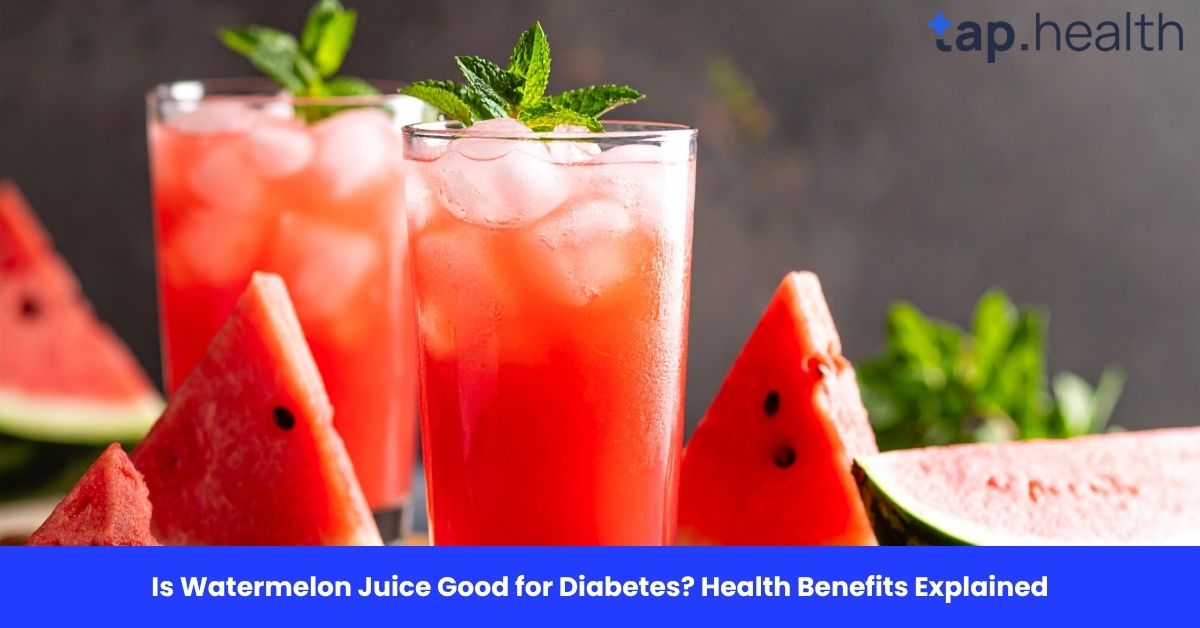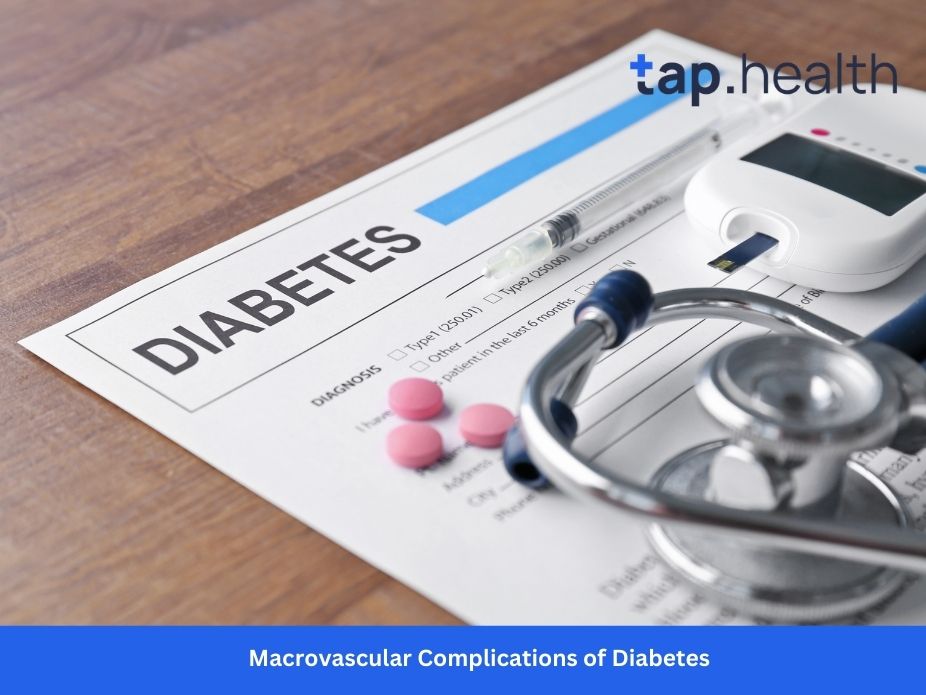Table of Contents
- Conquer Diabetes: Effective Weight-Loss Diet Plans
- Diabetes Diet: Best Foods for Weight Management
- Manage Diabetes Through Dietary Changes and Weight Loss
- Weight Loss Strategies for Diabetics: A Comprehensive Guide
- Is Weight Loss the Key to Managing Your Diabetes?
- Frequently Asked Questions
- References
Living with diabetes can feel like an uphill battle, but you’re not alone! Millions are successfully managing their condition, and a key component of that success is often weight management. This blog post is all about Conquer Diabetes: Effective Weight Loss Strategies Through Diet. We’ll explore practical, evidence-based dietary approaches that can help you achieve sustainable weight loss, improve your blood sugar control, and ultimately, feel better overall. Ready to take control of your health? Let’s dive in and discover how the right diet can be your most powerful weapon in your fight against diabetes.
Conquer Diabetes: Effective Weight-Loss Diet Plans
Managing diabetes, especially in low- and middle-income countries like many across India and the tropics, requires a multifaceted approach. Over 75% of people with diabetes live in these regions, highlighting the urgent need for accessible and culturally relevant solutions. Effective weight loss is crucial for better diabetes management, and the right diet plan can make a significant difference.
Prioritizing Whole Foods
Focus on incorporating whole, unprocessed foods into your diet. This means emphasizing fruits, vegetables, legumes, and whole grains readily available in your region. These foods are rich in fiber, helping regulate blood sugar levels and promoting satiety, which is essential for weight management. Think seasonal produce β mangoes, jackfruit, or leafy greens β depending on your location. Minimizing processed foods, sugary drinks, and refined carbohydrates is critical.
Tailoring Your Plan
A successful weight-loss diet plan isn’t a one-size-fits-all solution. It needs to align with your cultural preferences and dietary habits. Consider incorporating traditional dishes with modifications to reduce added sugar and unhealthy fats. For example, instead of using refined flour, consider using whole-wheat flour for rotis or chapatis. Consult a doctor or registered dietitian to create a personalized plan that addresses your specific needs and preferences. For more specific guidance, check out this Diet Chart for Diabetic Patients to Control Diabetes.
Small, Sustainable Changes
Remember that sustainable lifestyle changes are key to long-term success. Don’t try to drastically overhaul your diet overnight. Start with small, manageable changes, gradually incorporating healthier options and reducing unhealthy ones. This approach is more likely to lead to lasting results and better overall health management. Building a support network within your community can also provide encouragement and accountability. Seek advice from local healthcare professionals familiar with the dietary challenges specific to your region. Learn more about creating a personalized plan in our guide, How to Lose Weight with Diabetes Diet Plan.
Diabetes Diet: Best Foods for Weight Management
Managing diabetes effectively often hinges on successful weight management, and diet plays a crucial role. For individuals in Indian and tropical countries, incorporating readily available, culturally relevant foods is key to sustainable weight loss. A balanced approach focusing on portion control and carbohydrate management is essential. Generally, aiming for 45β60 grams of carbs per meal is a good starting point, though individual needs vary significantly, and consulting a doctor or registered dietitian is crucial for personalized guidance.
Prioritizing Low Glycemic Index Foods
Focus on foods that release glucose slowly into the bloodstream, minimizing blood sugar spikes. In Indian and tropical contexts, this means prioritizing lentils (dal), various vegetables like spinach (palak) and bitter gourd (karela), and whole grains such as brown rice and oats. These foods are rich in fiber, which aids in satiety and blood sugar control. Fruits like guava, papaya, and citrus fruits, readily available in these regions, can also be incorporated in moderation. For more specific food recommendations, check out 20 Best Foods for People with Diabetes – Tap Health.
Smart Carbohydrate Choices & Portion Control
While carbohydrates are essential, managing portion sizes is crucial. Instead of refined carbohydrates like white rice or sugary drinks, opt for complex carbohydrates like rotis made from whole wheat flour, and limit refined sugars. Remember that even healthy carbohydrates contribute to overall calorie intake.
Incorporating Protein & Healthy Fats
Lean protein sources, such as fish, chicken, beans, and lentils, should be a part of every meal. These help regulate blood sugar levels and promote satiety, aiding weight loss efforts. Healthy fats from sources like avocados, nuts, and seeds can also be included in moderation, adding to nutritional value and promoting sustained energy.
Regional Considerations
The abundance of fresh produce in Indian and tropical countries provides a wide array of choices for managing diabetes. Incorporating these culturally relevant foods into a balanced diet, coupled with regular exercise and medical supervision, can significantly improve health outcomes and promote sustainable weight management. Consult a healthcare professional to determine a personalized diet plan tailored to your specific needs and preferences. For additional tips on effective diabetes management, consider reading 10 Proven Tips for Effective Diabetes Management.
Manage Diabetes Through Dietary Changes and Weight Loss
Diabetes affects a significant portion of the population, with 61% of those diagnosed falling within the 20-64 age group, highlighting the importance of early intervention and management. This is particularly relevant in Indian and tropical countries where lifestyle changes are crucial for managing this chronic condition. Effective weight loss through dietary changes is key to controlling blood sugar levels and preventing complications.
Prioritize Whole Grains and Fiber
Replacing refined carbohydrates with whole grains and increasing fiber intake is crucial. Opt for brown rice, millets (like ragi and jowar, common in India), and whole-wheat roti instead of white rice and refined flour. These foods release sugar into the bloodstream more slowly, preventing sharp spikes in blood glucose. Include plenty of fruits and vegetables rich in fiber, such as leafy greens, beans, and lentils, staples in many Indian and tropical diets.
Control Portion Sizes and Sugar Intake
Many traditional Indian and tropical dishes can be high in sugar and unhealthy fats. Consciously managing portion sizes is vital, along with limiting added sugars in beverages and desserts. Choose healthier cooking methods like steaming, grilling, or baking over frying. Consider incorporating spices like turmeric and cinnamon, known for their potential anti-inflammatory properties. As you age, managing diabetes becomes even more crucial; learn more about the Managing Diabetes as You Age: Challenges and Solutions.
Consult a Healthcare Professional
Remember, individual dietary needs vary. Consulting a registered dietitian or healthcare professional familiar with the specific dietary needs and cultural practices of your region is essential. They can help you create a personalized meal plan that is both effective and sustainable for long-term diabetes management. This personalized approach is crucial for achieving and maintaining a healthy weight, ultimately improving your quality of life. It’s also important to consider the impact of diabetes on other health markers, such as cholesterol. For information on this, see our blog on How to Manage Cholesterol Levels with Diabetes?
Weight Loss Strategies for Diabetics: A Comprehensive Guide
Losing weight is crucial for managing diabetes, especially Type 2, where insulin resistance is a significant underlying factor in over 80% of cases. Effective weight loss isn’t just about shedding pounds; it’s about improving insulin sensitivity and overall health. For individuals in Indian and tropical countries, this requires a nuanced approach considering readily available foods and cultural eating habits.
Prioritizing Whole Foods
Focus on incorporating whole, unprocessed foods into your diet. This includes plenty of fresh fruits and vegetables abundant in these regions β think mangoes, papayas, leafy greens, and various legumes. These foods are rich in fiber, which aids in blood sugar control and promotes satiety, helping you manage your weight effectively. Limit refined carbohydrates like white rice and sugary drinks, commonly consumed in many parts of India and tropical regions.
Smart Carbohydrate Choices
While carbohydrates are essential, choosing the right ones is key. Opt for complex carbohydrates like brown rice, millets (bajra, jowar), and whole-wheat rotis, which are staples in Indian cuisine and provide sustained energy release. These options are far superior to refined carbohydrates that trigger rapid blood sugar spikes.
Incorporating Spices and Herbs
Indian and tropical cuisines boast a wealth of spices and herbs with potential health benefits. Turmeric, cinnamon, and ginger, for example, are known for their anti-inflammatory and blood sugar-regulating properties. Incorporating these into your meals can enhance your weight management efforts and overall well-being.
Lifestyle Modifications
Beyond diet, regular physical activity is crucial. Even short bursts of activity throughout the day can make a big difference. Consider incorporating traditional Indian exercises like yoga or brisk walks into your routine. Remember to consult your doctor or a registered dietitian before making significant dietary changes, especially given the prevalence of diabetes in these regions. A personalized approach tailored to your individual needs and cultural context will yield the best results. For those looking to gain weight safely while managing diabetes, How to Gain Weight with Diabetes Safely and Effectively – Tap Health offers valuable insights. Conversely, if you’re pre-diabetic and aiming for preventative measures, Pre Diabetic Diet Chart: Simple Plans to Prevent Diabetes provides helpful guidance.
Is Weight Loss the Key to Managing Your Diabetes?
Yes, weight loss plays a crucial role in managing diabetes, particularly in regions like India and other tropical countries where dietary habits and lifestyle factors often contribute to the disease. Studies show that even a modest weight loss of 5-7% can significantly improve blood sugar control and reduce the risk of diabetes complications. This is especially important considering that diabetes impacts work productivity, leading to a 9-12% loss due to complications and absenteeism. Losing weight can directly mitigate these productivity losses.
Effective Weight Loss Strategies for Diabetes Management in Tropical Climates
In warmer climates, incorporating fresh, locally sourced fruits and vegetables into your diet is key. Prioritize foods rich in fiber, like legumes and whole grains, which help regulate blood sugar levels. Focus on portion control and mindful eating, paying attention to your body’s hunger and fullness cues. Remember, consistent lifestyle changes are more effective than drastic measures. Spicy Indian cuisine, while delicious, should be moderated to control sodium intake. Instead, explore traditional recipes that emphasize fresh ingredients and healthy cooking methods. For a deeper understanding of the relationship between weight and blood sugar, read our article on Weight Loss and Blood Sugar Levels: Simple Connection Explained.
Actionable Steps for Success
Start small. Replace sugary drinks with water or unsweetened tea. Gradually incorporate more physical activity into your daily routine, even a short walk can make a difference. Seek support from family, friends, or a diabetes educator to stay motivated and accountable. Consulting a doctor or registered dietitian is vital for creating a personalized weight loss plan that considers your individual needs and cultural context. Remember, managing diabetes isn’t just about weight loss; it’s about a holistic approach to a healthier lifestyle. Take control of your health today, and experience the positive impact on your well-being and productivity. To learn more about the connection between diabetes and obesity, check out our comprehensive guide, Understanding the Link Between Diabetes and Obesity.
Frequently Asked Questions on Diabetes Weight Loss | Diet Strategies for Success
Q1. What is the most effective way to manage diabetes through diet?
Effective diabetes management involves prioritizing weight loss through dietary changes. Focus on whole, unprocessed foods like fruits, vegetables, legumes, and whole grains while minimizing processed foods, sugary drinks, and refined carbohydrates.
Q2. How can I adapt my diet to suit my cultural preferences while managing diabetes?
Consider your cultural food preferences and modify traditional dishes to reduce unhealthy fats and added sugar. Small, sustainable changes to your existing diet are more likely to be successful in the long term.
Q3. What are some practical dietary guidelines for managing my diabetes?
Maintain balanced portion sizes, aiming for 45-60 grams of carbohydrates per meal. Include lean protein and healthy fats, and opt for low glycemic index foods. Regular exercise and a strong support network are also vital.
Q4. What are the potential challenges in managing diabetes through diet, and how can I overcome them?
Challenges may include adjusting to new dietary habits and cultural food preferences. Consulting a doctor or registered dietitian can provide personalized guidance and support to overcome these challenges and create a sustainable plan.
Q5. Where can I get personalized guidance for creating a diabetes management plan?
It’s essential to consult a doctor or registered dietitian for tailored guidance. They can help you create a personalized plan that considers your individual needs, cultural preferences, and health status.
References
- A Practical Guide to Integrated Type 2 Diabetes Care: https://www.hse.ie/eng/services/list/2/primarycare/east-coast-diabetes-service/management-of-type-2-diabetes/diabetes-and-pregnancy/icgp-guide-to-integrated-type-2.pdf
- Your Guide to Diabetes: Type 1 and Type 2: https://www.niddk.nih.gov/-/media/Files/Diabetes/YourGuide2Diabetes_508.pdf
Meta Data
Meta Title: Diabetes Weight Loss | Diet Strategies for Success
Meta Description: Conquer diabetes through effective weight loss! Learn proven diet strategies to manage your blood sugar, improve your health, and achieve your weight goals. Start your journey today!
alt_text: Infographic: Diabetes diet weight loss tips
url_slug: diabetes-weight-loss-diet



